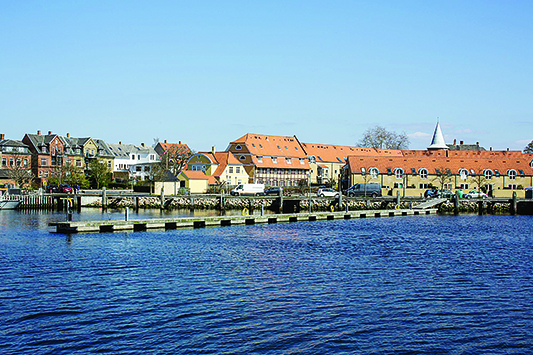
PARIS: Three votes by the European Parliament in recent years have exposed deep divisions between EU members from the wealthier west and the previously communist east of the bloc.
Migrant quotas
On September 17, 2015, amid Europe's worst migrant crisis since World War II, the EU assembly backed plans to relocate 120,000 refugees around the EU to help share the burden of the frontline states of Greece, Hungary and Italy. In a non-binding vote, lawmakers approved by a large majority plans drawn up by the European Commission - the EU's executive - with 371 voting for, 124 against and 55 abstaining. Socialist, liberal and centre-right groups in the parliament largely backed the quotas.
But of their 70 Euro-MPs who voted against or abstained, 61 came from former communist bloc countries in eastern Europe: Hungary, Latvia, Poland, Romania, Slovakia and the Czech Republic. Ethnically and religiously homogenous, the traditionally Christian eastern countries are marked by their history as ex-Soviet satellites when they were cut off from the rest of the world. They fear an influx of refugees from Muslim countries would expose them to a "terrorist threat", the Polish Institute of International Affairs said at the time of the vote.
Censuring Hungary
On September 12, 2018, the European Parliament voted to launch a rare procedure that could lead to sanctions against Viktor Orban's populist Hungarian government for posing a "systemic threat" to the EU's founding values. It was the first time the parliament had initiated such action under Article 7 of the EU Treaty, sometimes described as a "nuclear option". The motion won the two-thirds of votes needed for its adoption, with 449 votes for, 197 against and 47 abstentions.
But once again Euro-MPS from eastern countries of Bulgaria, Hungary, Poland, Slovakia, Slovenia and the Czech Republic mostly voted against or abstained. The vote had been called after a report on Hungary that voiced concerns about judicial independence, corruption, the rights of minorities and refugees, and academic, religious and media freedoms. The motion is highly unlikely to succeed as Poland - a fellow ex-communist state that is also facing an Article 7 procedure - has promised to wield its veto to prevent sanctions.
Short-term workers
The European Parliament on May 29, 2018 voted after two years of laborious negotiations in favor of reforms to rules for workers on short-term contracts in other EU countries. The reforms were aimed at ending abuses of legislation that allows companies to send workers from low-wage countries to jobs in wealthier western Europe for short periods.
It had led to charges of "social dumping" because companies were not required to make contributions to the host country's health and welfare systems, and posted workers were in some cases paid less than in their homeland. Here too eastern Euro-MPS from Hungary, Poland, Slovakia and the Czech Republic voted against the legislation, possibly because they send more workers abroad than they take in. Western European countries such as France and Germany, who host many expatriate workers, welcomed the reforms.- AFP









